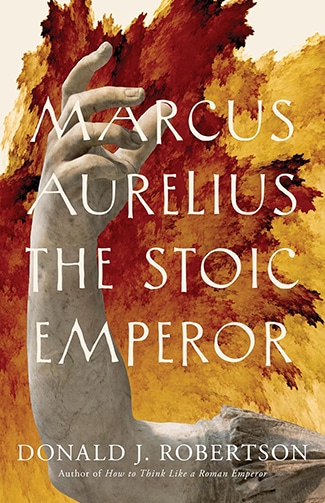Perhaps you’ve read Marcus Aurelius’ Meditations, a book many turn to to learn and internalize the teachings of Stoic philosophy. But what do you know of the man who penned that seminal text? Here to help us get to know the philosopher and ruler is Donald Robertson, a cognitive-behavior psychotherapist and the author of Marcus Aurelius: The Stoic Emperor. Drawing on the Meditations, three ancient histories about Marcus’ life and character, and a cache of private letters between him and his rhetoric tutor, Donald unpacks how Marcus’ life shaped his approach to Stoicism, and how Stoicism shaped him. We discuss Marcus’ childhood and influences, his idea of manliness, the surprising significance of who he does and doesn’t mention in the Meditations, and how he used that journal as a kind of father figure. We also discuss how Marcus may have undergone training modeled on the Spartan agoge, how he came to attention as a successor to the emperorship, how he got turned on to Stoicism as medicine for the soul, and how he used the philosophy to deal with his tumultuous rule.
Perhaps you've read Marcus Aurelius' Meditations, a book many turn to to learn and internalize the teachings of Stoic philosophy. But what do you know of the man who penned that seminal text?
Here to help us get to know the philosopher and ruler is Donald Robertson, a cognitive-behavior psychotherapist and the author of Marcus Aurelius: The Stoic Emperor. Drawing on the Meditations, three ancient histories about Marcus' life and character, and a cache of private letters between him and his rhetoric tutor, Donald unpacks how Marcus' life shaped his approach to Stoicism, and how Stoicism shaped him. We discuss Marcus' childhood and influences, his idea of manliness, the surprising significance of who he does and doesn't mention in the Meditations, and how he used that journal as a kind of father figure. We also discuss how Marcus may have undergone training modeled on the Spartan agoge, how he came to attention as a successor to the emperorship, how he got turned on to Stoicism as medicine for the soul, and how he used the philosophy to deal with his tumultuous rule.
